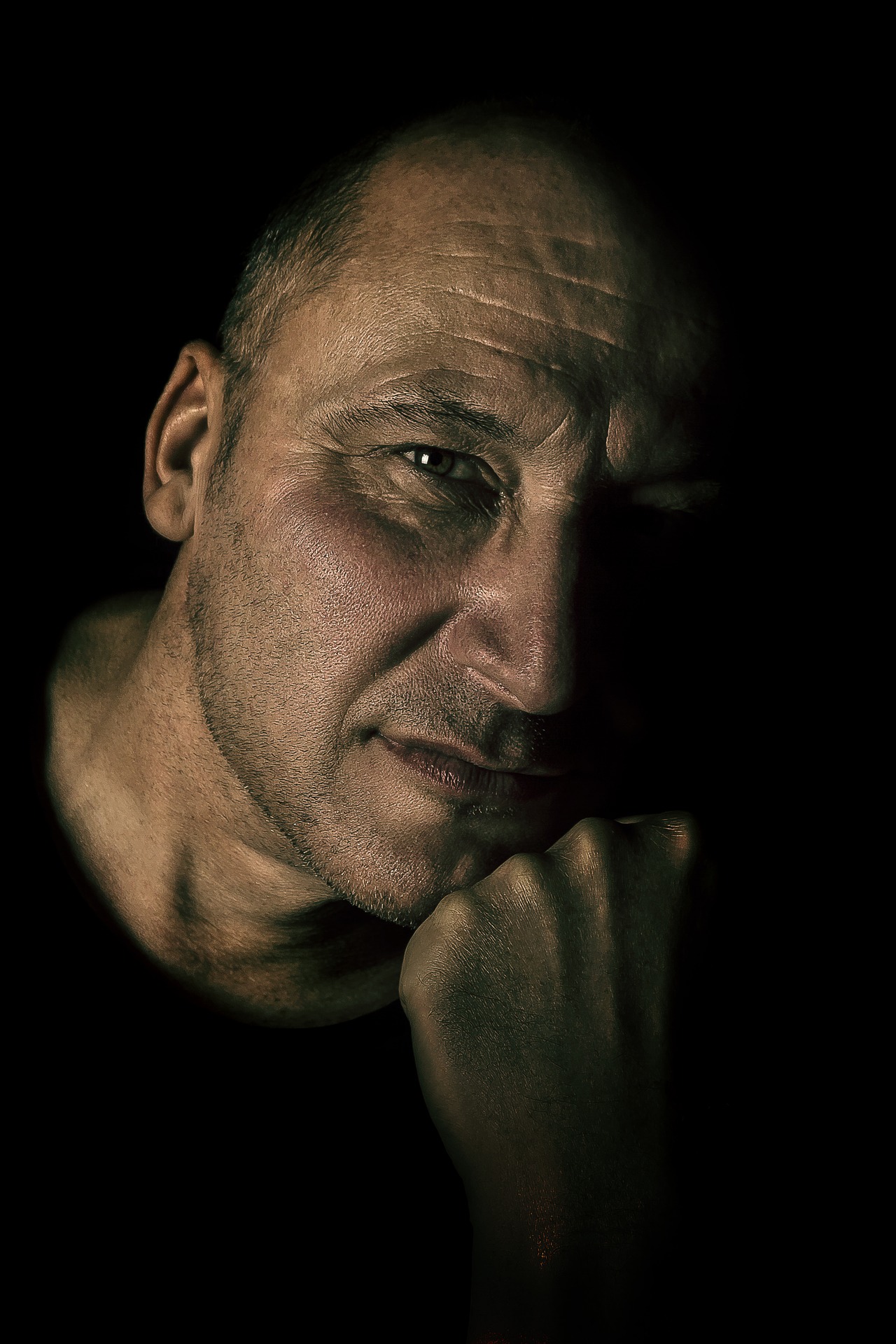A team of medical professionals and the patient’s family are often involved in shared decision making, but the patient is the primary decider of what treatment they receive.
Why is Shared Decision an Important Part of Narcotics Addiction Recovery?
Addiction makes you feel out of control. Essentially everything feels as if it is moving too fast or as if you have no decision making power. Shared decision making allows you to take some control over your narcotics treatment.
What Is Shared Decision Making?
According to the Annals of Family Medicine, shared decision making is the process in which care providers work together with the individual in order to make sure that narcotics treatment is successful. Previously, doctors, therapists, and family members made decisions about an addict’s treatment.
In shared decision making, the patient is the most important member of the decision making team. They decide which treatments they want and which they do not. It is part of the push toward more client centered treatment.
Why Is It Beneficial to Treatment?
Shared decision making gives control back to the patient, rather than leaving it in the hands of the doctor. Most people who engage in shared decision making find their narcotics treatment is more successful. The patient has the choice between:
- Medication tapering therapy
- Medication management
- Methadone
- Suboxone
- Individual counseling
- Holistic therapies
- Eastern medicine
- Group counseling
- Withdrawal without medication
- A variety of other treatments
They can choose any combination of treatments that they believe will work for them. Though they are not the only decision maker, they are the key when it comes to the types of treatment they want. If any of these treatments interest you, we can help you find a treatment center that specializes in it. All you have to do is call Narcotics.com at 800-934-1582(Sponsored) .
This type of treatment also gives the patient:
- Purpose in their treatment
- Self-management
- Knowledge of what to expect and what people expect from them
- The ability to request different supports from the care giving team
Fortunately, shared decision making is rapidly becoming part of the addiction recovery process, according to the Substance Abuse and Mental Health Services Administration.
Who Is Involved in Shared Decision Making?
Although the patient is key in shared decision making, an entire team is there to help them decide which types of treatment might work best for them. The treatment team usually consists of family members, doctors, pain management specialists, therapists, holistic practitioners, a patient adviser, and a care coordinator. Each member of the team helps the patient manage their care.
How to Find a Treatment Center That Specializes in Shared Decision Making
Although shared decision making is relatively new in the field of narcotics treatment, many centers already offer it as part of their overall treatment program. To find a treatment center that offers shared decision making, call Narcotics.com at 800-934-1582(Sponsored) . We can help you end your narcotics addiction once and for all.
the Take-Away


